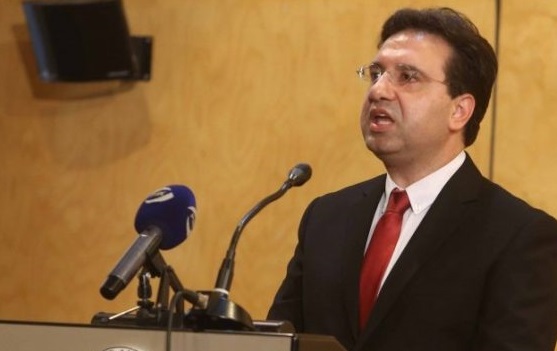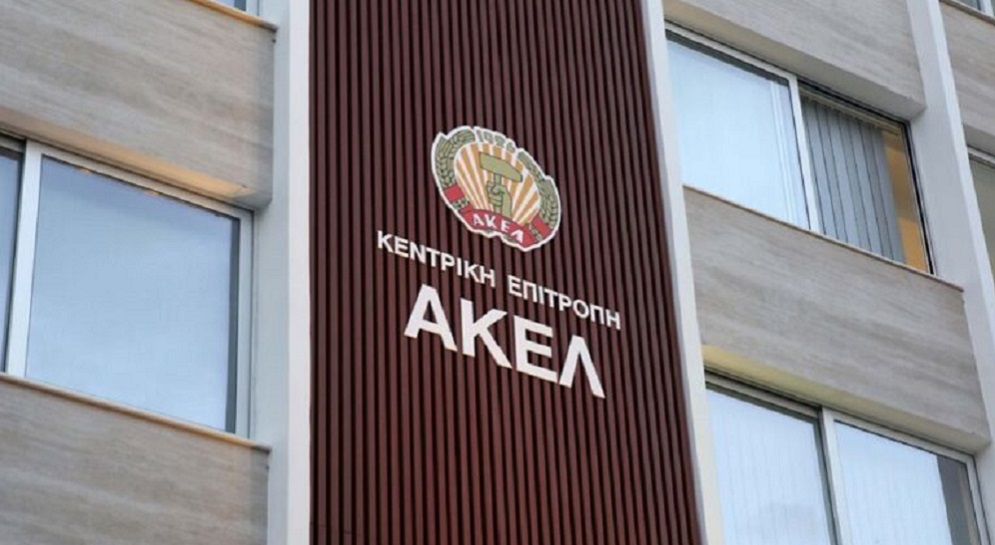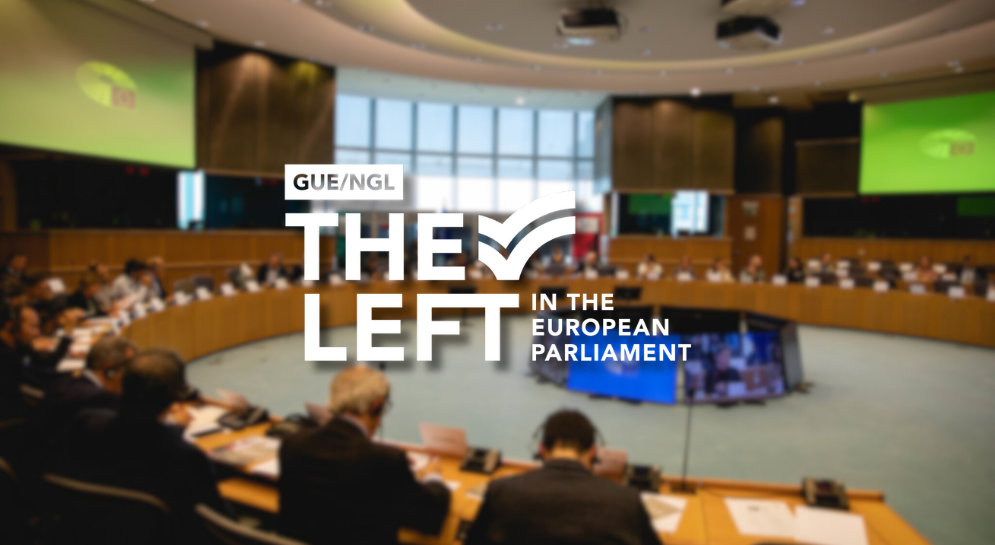
The real problems of public education have replaced the Education Minister’s communication games
Statement by AKEL MP Christos Christofides after the meeting of the Parliamentary Committee on Education and Culture
14 September 2022
The communication games we have been following on the part of the Minister of Education over the past few days have unfortunately been replaced today by the stark reality and problems public education faces, as outlined by educational organisations, pupils and parents.
I want to start with the handling of children with disabilities. Unfortunately, the situation is totally unacceptable. We have been waiting for almost ten years for the relevant legislation to be modernised. Whenever AKEL raised this issue, we were told that the new legislation would solve the problems. Ten years later, nothing has been done to modernise the treatment of children with disabilities when other European countries have made real strides in this regard.
Of course, the Parliamentary Education Committee is also under scrutiny, and before the summer closure it announced that if the issue is not resolved, at least as far as the children’s escorts/carers are concerned, it will not consider issues relating to the Ministry of Education. No problem has been solved and it seems that certain people have forgotten this pledge they had made in front of the parents of these children and the disabled children themselves. The only thing the Ministry of Education has actually done for these children is organising a seminar in the summer, which was rushed through to show that it is doing something.
The second serious issue that has arisen today, but which we have seen in person during our visits to schools yesterday, is that there is a real mess when it comes to the extension of the four-monthly exam system in secondary schools. No one knows what will actually happen, not even the teachers – the Secondary Teachers Trade Union OELMEK has noted this today and we have also heard from school Headmasters – how this policy will be implemented. The result, of course, is that pupils, teachers and parents alike are all extremely worried.
I would also like to point out another very serious issue that has been raised today. The pending issue of casual contracted teachers is leading with mathematical certainty to the cancellation of the new system of appointments in education. This is something we have been warning about for many years. In other words, teachers who have completed 30 months of service are constantly being converted, apparently through no fault of their own, into teachers of unlimited duration. This means that they cannot be removed from the system, they have no promotion rights or other benefits that all their other colleagues have and, at the same time, the system cannot go ahead with the list of appointments because the posts are effectively filled.
For that reason there needs to be a regulation with more permanent posts, but also a more comprehensive regulation of the whole issue. On 22 September, at the first plenary session, the proposal for a draft bill that we as AKEL have prepared and which has been discussed in the Parliamentary Committee on Education, for the regulation of the rights of casual teachers, will be put to the vote.
Finally, again from what we have heard today and from our experience from yesterday’s visits to schools, there are significant logistical problems observed in many schools. It was mentioned that, in almost all kindergartens, there are no canopies. This is the picture that prevails in a number of primary schools in particular, but also in secondary and high schools. With the weather conditions we have in Cyprus, the absence of canopies basically means that children have to exercise in the sun, events have to take place in the sun or rain, and when there is rain and children have to be locked in classrooms. This is a very, very serious issue which affects the smooth operation of schools.
Asked about the proposal tabled by the Pancyprian Confederation of Federations of Associations of Public Secondary School Parents for those pupils who complete the cycle of primary education but are considered illiterate, to remain in primary schools for one more year for the purpose of their better preparation, Christos Christofides replied:
CC: This is something that needs to be studied. However, there are scientific positions – hence the stagnation observed in primary education has been abolished – which point out that this should be done in extremely rare cases.
However, beyond that, the problem of illiteracy, elementary illiteracy, functional illiteracy and technological illiteracy, is a huge problem in our education system. Specific measures need to be taken, such as strengthening the DRASE program, which seeks to solve the weaknesses noted of all these children, provide supportive teaching and the extension of the all-day school, so that these children get the support they need in the evening.
I would like to say something else which has been a fact for decades, but I think we do not fully understand in Cyprus. Many children who fail at school, according to research done in America by Michael Apple, in France by Bourdieu and Passeron and in Greece by Mrs. Fragoudaki, prove that these children fail, not because they are not intelligent, but because they come from a deprived socio-economic background.
In other words, they fail because from the time they are born, their parents, not because they do not want to, but because they cannot, cannot provide them with the support they need to develop linguistically, learning-wise and otherwise.
This is where the state’s role comes in to give these children the support they need because education, we must not forget, is not primarily linked to what job you do. It is primarily linked to whether these children will be able to survive outside in society, whether they will be happy, whether they will be able to enjoy their lives. The failure of the education system frequently leads to human lives being destroyed.




